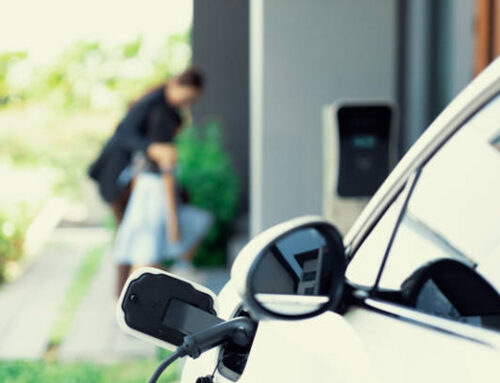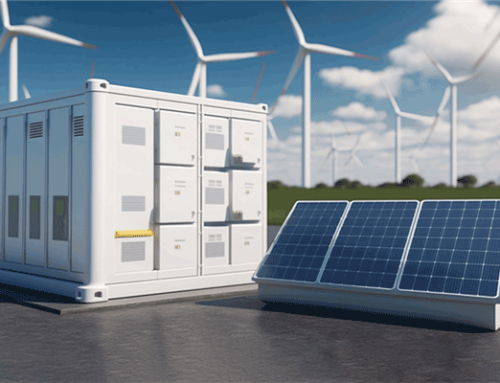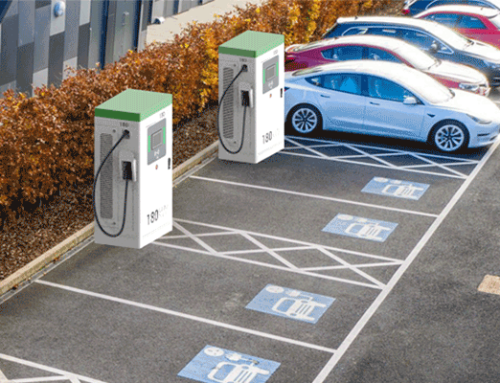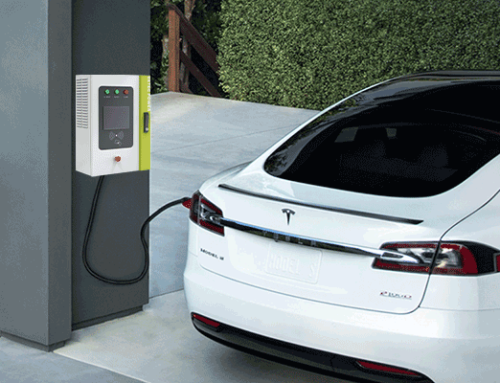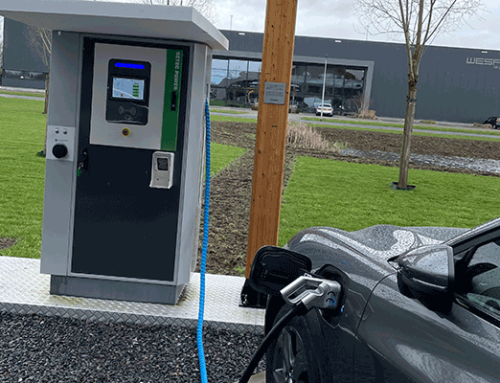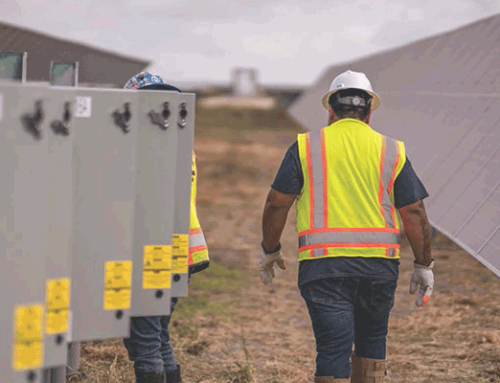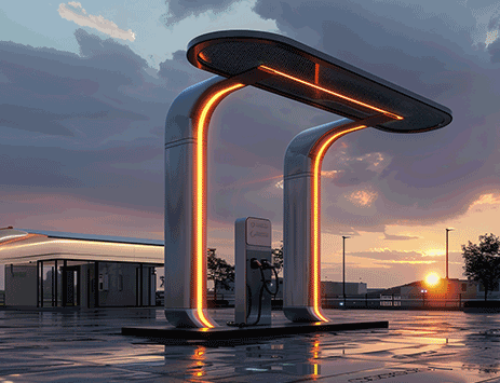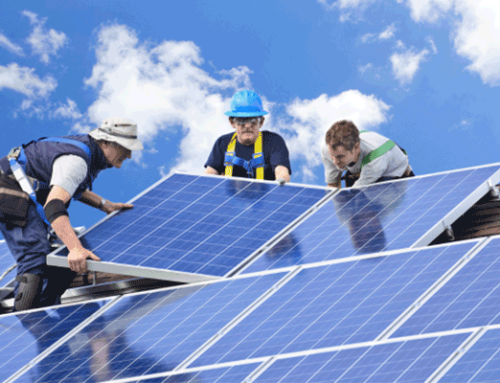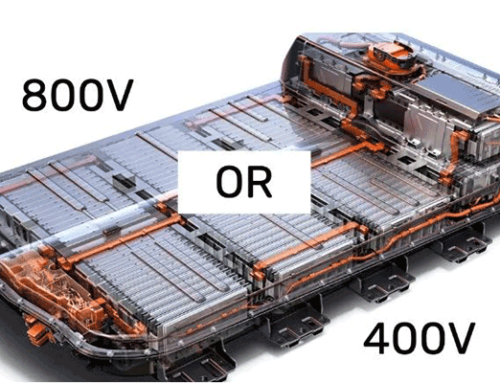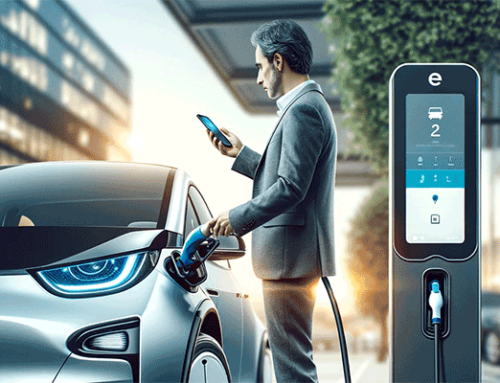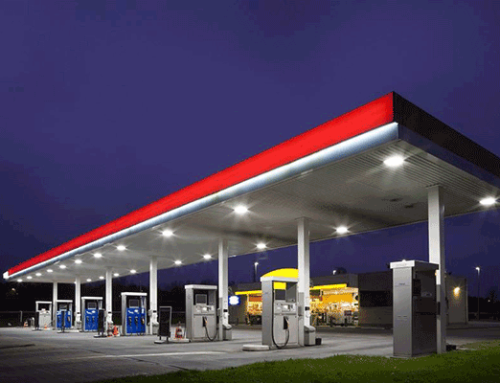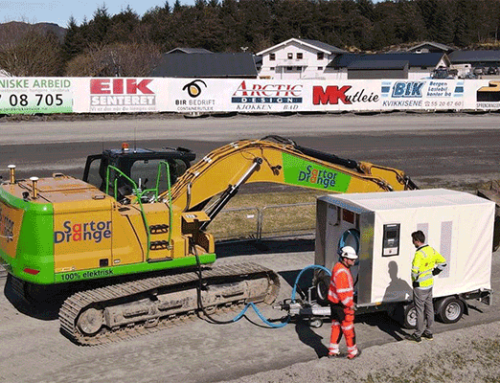The network of electric vehicle (EV) charging stations has been growing rapidly in recent years, but navigating through the different types of charging stations can be confusing. Here we explain the different EV charger types.There are currently three levels of electric vehicle chargers; level 1 EV charger, level 2 EV charger, and level 3 EV charger. The “level” refers to how fast the charger can charge the vehicle. level 3 EV charger is broken into DC Fast Charging and Tesla Supercharging.
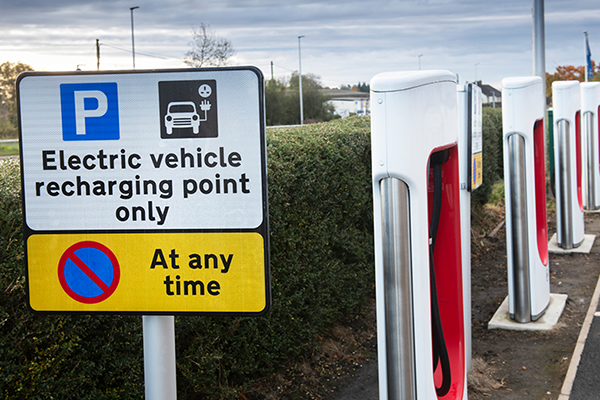
level 1 EV charger
Connectors Used: J1772, Tesla
Charging Speed: 3 to 5 Miles Per Hour
Locations: Home, Workplace & Public
The level 1 EV charger is the most common type. It is used with a standard household wall outlet in the same way as charging a cell phone. As you might expect, charging an EV battery with a level 1 EV charger takes a long time – about 20 hours for a 120-mile charge.
Level 1 EV charger use AC (alternating current) power and have an output range of 1 kW to 7.5 kW. Also known as “single-phase” plugs, level 1 connectors are standard on electric vehicles manufactured in the United States and Japan.
All EVs come with a cable adapter that allows them to use a Level 1 charger (wall outlet) and a separate cable with a J1772 adapter for Level 2 EV charging stations. Tesla uses their proprietary plug as the charger but also comes with an adapter that allows Tesla drivers to use Level 2 public charging stations outside of the company’s network.
level 2 EV charger
Connectors Used: J1772, Tesla
Charging Speed: 12 to 80 Miles Per Hour
Locations: Home, Workplace & Public
Level 2 EV chargers also use AC power and can charge up to 10 times faster than Level 1 chargers due to their increased output power. These chargers provide approximately 240 volts of energy, which can supplement a range of 12 to 80 miles per hour. Depending on the power output of the Level 2 EV charger and the maximum charge rate of the vehicle.
Level 2 EV chargers use a different type of plug for connection than Level 1 chargers because they require a connector plug with an extra wire to carry the extra power. This plug is called the SAE J1772 connector and is the universal standard for all electric vehicles manufactured in North America.
level 3 EV charger
Connectors Used: CHAdeMO, Combined Charging System (Combo) & Tesla
Charging Speed: 3 to 20 Miles Per Minute
Locations: Public
Level 3 EV chargers, also known as DC Fast Chargers or DCFC chargers, are the fastest type of charging available. They use DC power and require special plugs that are different from the J1772 standard for connection. There are currently three types of connector plugs that work with them: CHAdeMO, CSS, and Tesla.
Level 3 EV chargers can get the EV’s battery up to about 80% in about half an hour. It’s still much longer than typical refueling times, but your best choice for long trips. They have an output of between 20 and 50kW and charge between 3-20 miles per minute. You’ll find Type 3 charging stations at places like restaurants and conventional gas stations on major highways, where they are most used. They are also increasingly available in types of parking lots. While Level 3 EV chargers are very fast, they can cost tens of thousands of dollars. Also, homes and most properties cannot support the amount of power needed for Level 3 chargers. So home Level 2 EV chargers are more than enough for most EV drivers.
So, which EV charger type should you choose?
Your choice depends largely on your vehicle and your needs. You need to consider the distance, the number of drives, and the charging time. Whichever you choose, it will take some time to wait. That’s why it’s best to plug in before you go to a restaurant or before you go to work.
All three EV charger types are available. If you own a plug-in hybrid with a small battery pack, you may only need a level 1 EV charger. For typical EV owners, including Tesla drivers, the level 2 EV charger and level 3 EV charger will be the most convenient chargers, especially if you can install a level 2 home charger. Level 3 EV charger speed is ideal for fast charging and long-distance travel charging.
